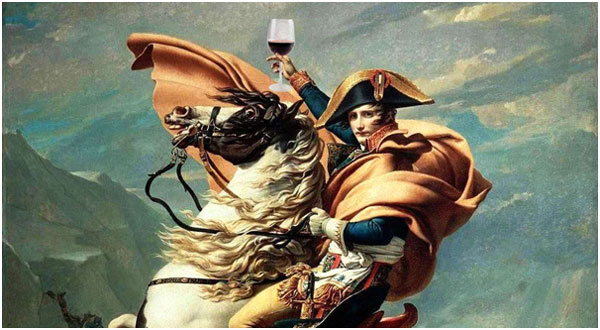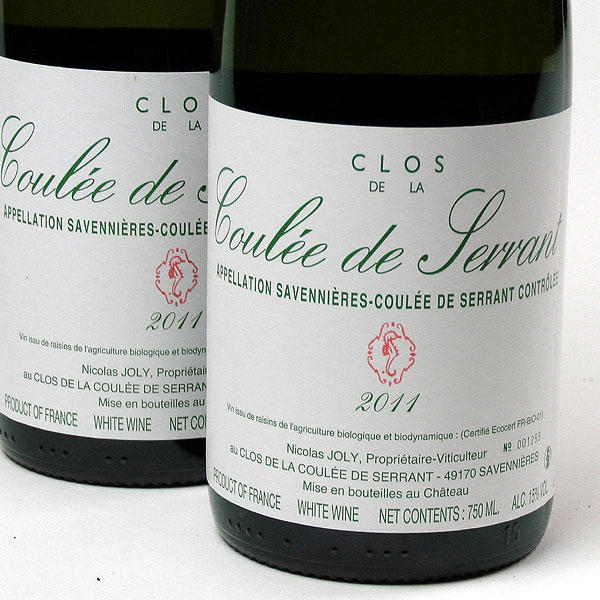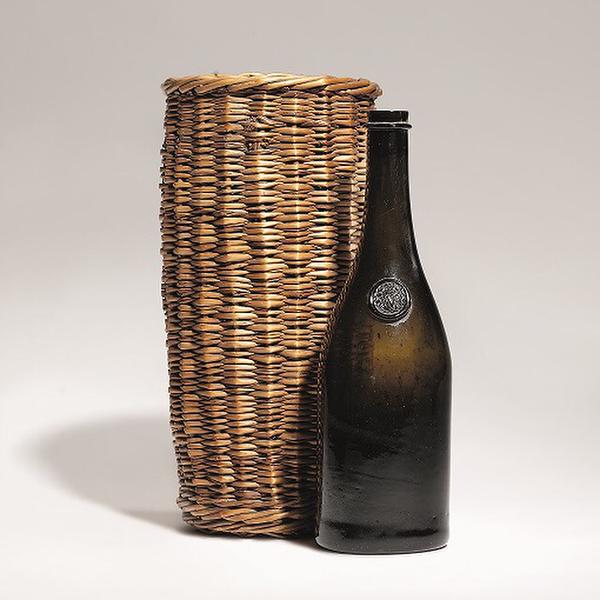With the recent bicentennial of the battle of Waterloo a lot of people have been banging on about Napoleon Bonaparte being a tactical genius who never lost a battle to a weaker force which is all very well but hardly anyone touches upon the more interesting topic of what he liked to drink.

Napoleon’s first commission, at the ripe old age of 16, was as a 2nd Lieutenant in the La Frère Artillery regiment based in Valance-sur-Rhône. He is reputed to have acquired a penchant for the local sparkling wine of Saint-Péray which is entirely plausible but sadly not well-documented. What is certain is that during a subsequent posting to Auxonne in Burgundy he developed an enduring taste for Gevrey-Chambertin which was his wine of choice on all of his subsequent military campaigns. Apparently he consumed half a bottle at lunch and dinner which he habitually diluted with water. He favoured a Grand Cru bottling at about 5-6 years of age from the négociant house of Soupé & Pirreugues and is alleged to have cursed the Cossacks for commandeering his personal supplies after his bitter defeat in Russia in 1812.

The Countess of Serrant was lady in waiting to the Empress Josephine and the prestigious, dry, white Chenin Blanc of ‘Coulée de Serrant’, from her estate in Savennières, was regularly served at court during their marriage. Like many women in high society Josephine placed great importance on the wine and food served in her household and amassed a vast cellar of 13,000 bottles principally consisting of Claret from top estates in the Médoc. This would have been atypical in France at the time as Bordeaux was far more popular with the British aristocracy but her diverse tastes also extended to the Rhône, Languedoc, Cypress, Greece, Hungary and even South Africa.
Prussian forces seized Napoleon’s abandoned war carriage (an ingenious combination of dressing room, office and bedroom decked-out in mahogany) on the Brussels-Genappe road when he fled the battle of Waterloo on 18th June 1815 and found a bottle of ‘extremely fine old Malaga wine’ bearing the Napoleonic cipher of a letter ‘N’ bordered by laurel wreaths. This was apparently acquired by Scottish Baronet and Napoleophile Sir Michael Shaw Stewart whose descendants are putting it up for auction at Christie’s this Summer* with a guide price of £10,000-£20,000 despite the fact that what little liquid remains is likely to be heavily oxidised and virtually un-drinkable.

Napoleon’s predilection for Champagne is well-known and he is alleged to have observed that: “In victory you deserve Champagne; in defeat you need it.”. Although that is often attributed to another great strategist and bon viveur - Winston Churchill. Apparently Napoleon was a master of sabrage – the art of decapitating a bottle of Champagne with a cavalry sword, which was de rigeur amongst army officers at the time.
At his second marriage, to Maria Ludovica Leopoldina Franziska Therese Josepha Lucia (aka Marie-Louise the Duchess of Parma), he served Champagne from the house of Jacquesson Fils who he decorated with a gold imperial medal which they proudly deploy to this day.
After exile to Saint Helena in 1815 Napoleon’s health began to deteriorate and stomach pains meant that he could no longer enjoy his beloved Gevrey-Chambertin and, on his doctor’s recommendation, he switched to drinking sweet ‘Vin de Constance’ from South Africa. Records show that 100 litres per year were imported for his personal consumption and it is reportedly all he could bear to imbibe on his deathbed in 1821. He is widely believed to have died from stomach cancer but it has also been conjected that he simply lost the will to live. He had previously observed that “Wine is inspiring and contributes greatly to the joy of living” but at the time of his death, aged just 52, his celebrated joie de vivre had been seemingly extinguished. His reputed last words are a wonderfully succinct distillation of his incredible life: ‘France, l’armée, tête de l’armée, Josephine’. ('France, the army, head of the army, Josephine.’)
*Subsequent to this article being written the bottle of Malaga fetched £25,000 at auction and a bullet-grazed bicorne hat that Napoleon war during his Polish campaign (of 1807) and at the signing of the Treaty of Tilsit made £386,500.











